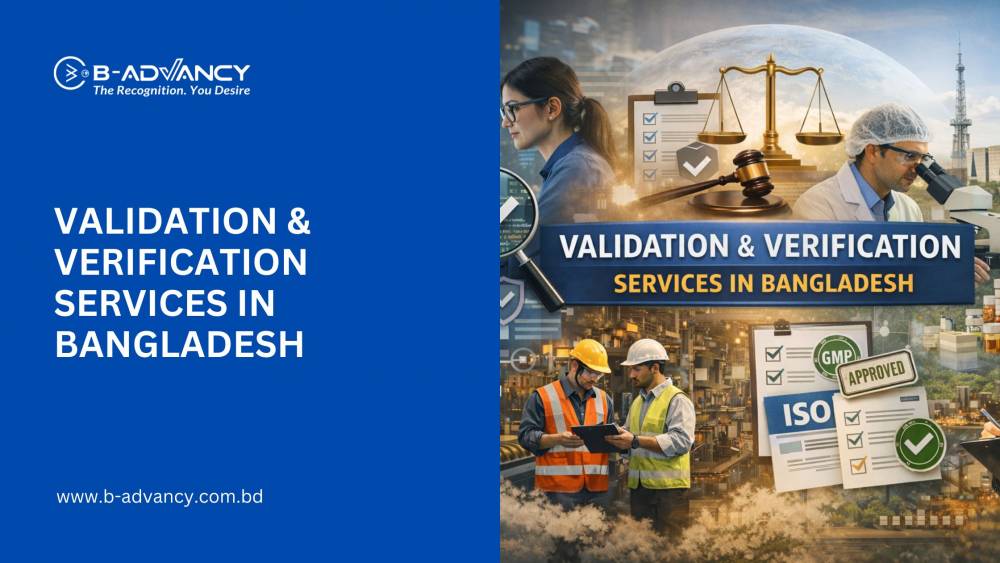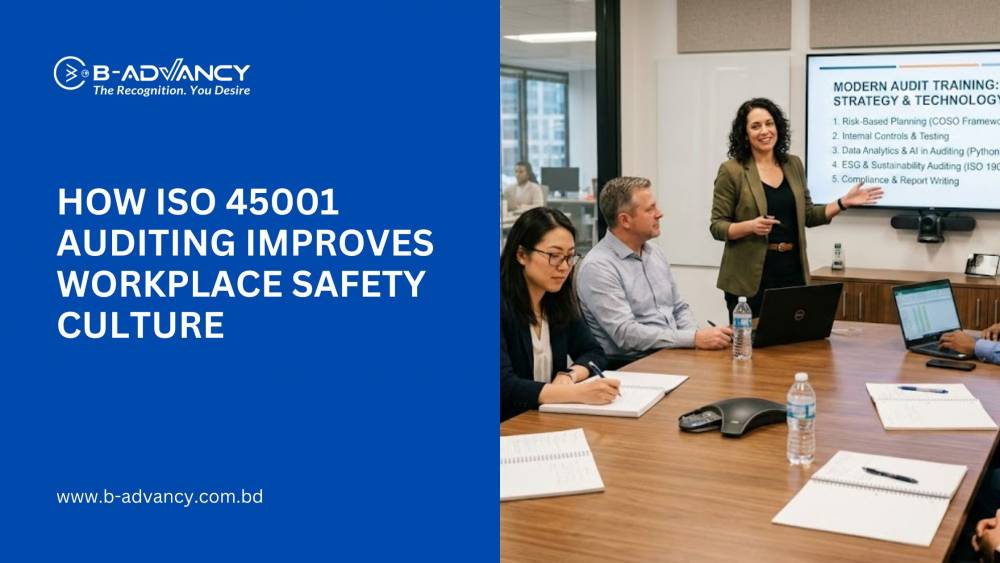ISO certification is a globally recognized standard that helps businesses demonstrate their commitment to quality, environmental management, or other specific areas of operation. In today's competitive business environment, ISO certification has become a valuable asset for companies looking to enhance their reputation, attract new customers, and improve their operational efficiency. In this blog post, we will discuss the ISO Certification process in Bangladesh , including the necessary steps and requirements.
Understanding ISO Standards
The first step towards obtaining ISO certification is to understand the relevant ISO standard. There are over 22,000 ISO standards covering a wide range of areas, including quality management, environmental management, information security, and occupational health and safety. After identifying the relevant standard that applies to your business i, you can start the ISO Certification process. For example, ISO 9001 is the most commonly used standard for quality management systems.
Preparing for Certification
Once you have identified the relevant ISO standard, you need to prepare for certification. This involves establishing a quality management system that meets the requirements of the standard. This may include identifying and addressing gaps in your current processes, documenting procedures, and implementing effective quality controls. It is also recommended to conduct an internal audit to identify any non-conformities before undergoing the certification audit.
Selecting a Certification Body
The next step is to select a certification body, which is an independent organization that will assess your quality management system and issue the ISO certificate if it meets the requirements of the standard. When selecting a certification body, you should consider their experience, reputation, and ISO certification process. Obtaining quotes from different certification bodies will help you compare costs and services, and choosing the right certification body will ensure that you receive an objective and credible certification. You can get more ideas about how to do ISO certification in Bangladesh.
Conducting the Certification Audit
The certification audit is a formal evaluation of your quality management system against the requirements of the ISO standard. The audit is typically conducted in two stages. The first stage is a document review, where the auditor evaluates your quality management system documentation to ensure that it meets the requirements of the standard. The second stage is an on-site audit, where the auditor verifies the implementation of your quality management system and assesses its effectiveness.
Corrective Actions and Certification
During the certification audit, the auditor may identify non-conformities, which are areas of your quality management system that do not meet the requirements of the ISO standard. If non-conformities are identified, you will need to take corrective actions to address them. Once all non-conformities have been addressed, the certification body will issue the ISO certificate, indicating that your quality management system meets the requirements of the standard.
Maintaining Certification
ISO certification is not a one-time achievement, but an ongoing process. To maintain your certification, you will need to undergo periodic surveillance audits to ensure that your quality management system continues to meet the requirements of the standard. Additionally, you will need to undergo a re-certification audit every three years to renew your certification. Continuously improving your quality management system will help you to stay ahead of the competition and maintain your ISO certification.
Real-World Examples
ISO certification has helped many businesses improve their operational efficiency, enhance customer satisfaction, and gain a competitive advantage. For example, a food processing company in Australia achieved ISO 22000 certification, which helped them to establish effective food safety management systems and enhance their reputation for producing safe and high-quality food products. Similarly, a healthcare provider in the United States achieved ISO 9001 certification, which helped them to streamline their operations, reduce costs, and improve patient satisfaction.
Conclusion
ISO certification is a valuable asset for businesses looking to improve their operations, gain a competitive advantage, and enhance their reputation. The ISO Certification process involves understanding the relevant ISO standard, preparing for certification, selecting a certification body, undergoing the certification audit, addressing non-conformities, and maintaining certification. By following these steps, businesses can establish effective quality management systems and demonstrate their commitment to quality, environmental management, or other specific areas of operation. With ISO certification, businesses can improve their brand reputation, enhance customer satisfaction, and stay ahead of the competition. The process of obtaining ISO certification may seem daunting, but with proper planning and execution, it can be a valuable investment for any business.






































































































































































































